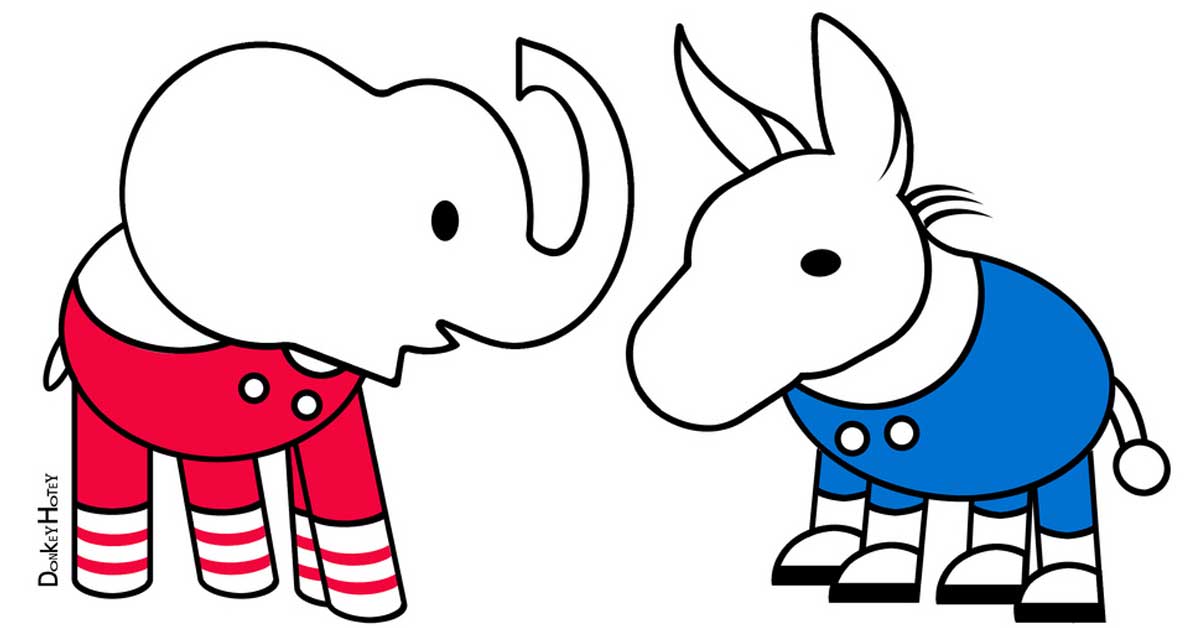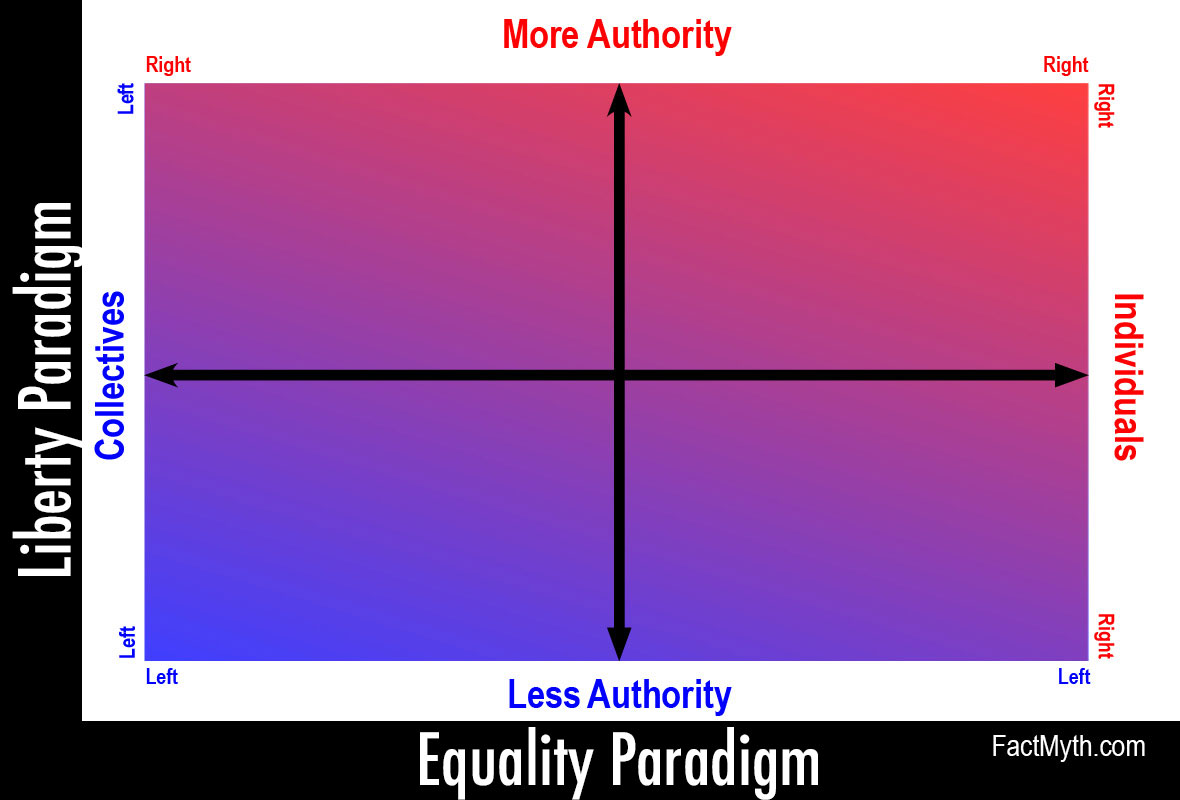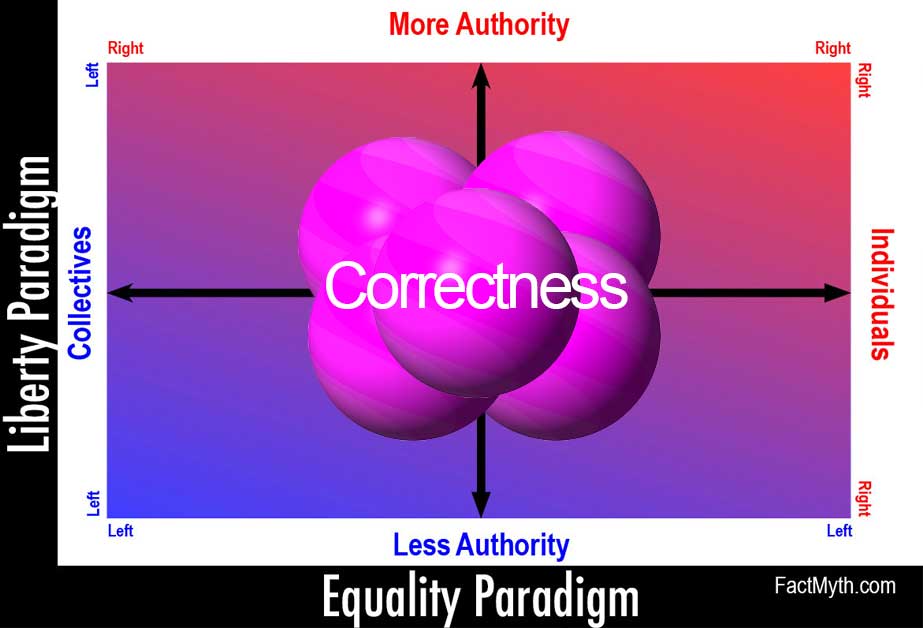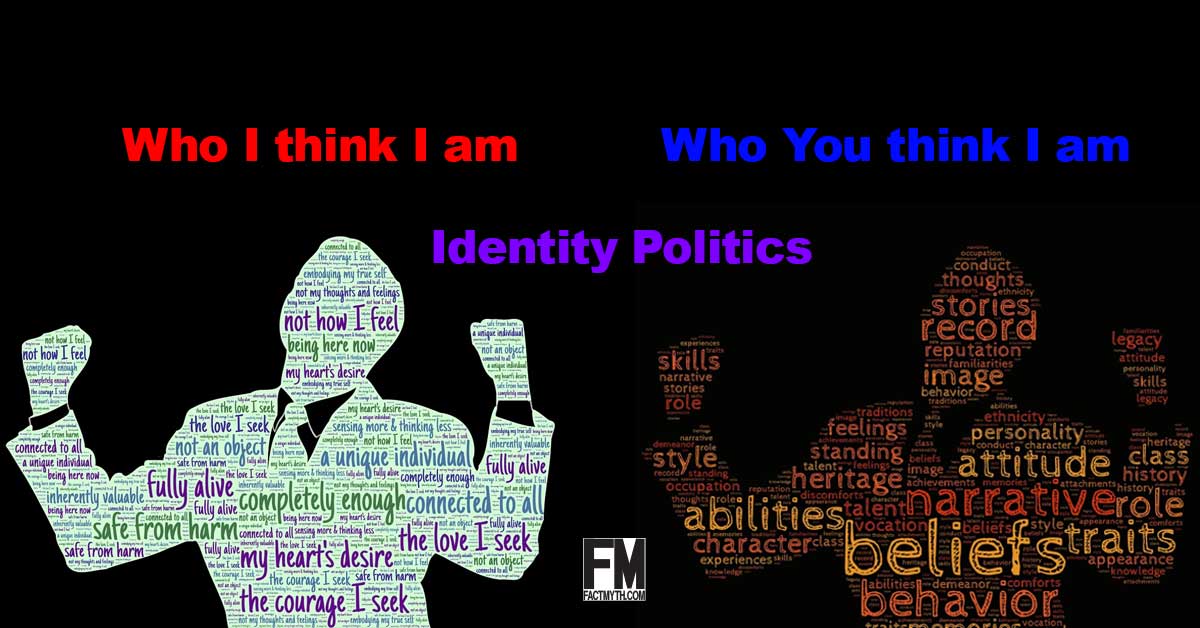Why People Call Left-Wingers “Commies” as an Insult

A favorite political term used by the political right to insult the left is “commie,” “communist,” or “socialist.” We look at why right-wingers call left-wingers “commies” and other such terms.
The political terms left and right are comparative terms that describe political views as: liberalism, collectivism, and liberty (left) vs. conservatism, individualism, and authority (right).
Since political ideology is a complex spectrum of beliefs and actions, the terms are best applied with nuance. They can be used to make absolute statements like Monarchies are right-wing forms of government in terms of power structure. Or they can be used to make comparative statements such as, a progressive Democrat is to the right of a radical anarchist. See the pages below for detailed discussions into the aspects of the political left and right.

A favorite political term used by the political right to insult the left is “commie,” “communist,” or “socialist.” We look at why right-wingers call left-wingers “commies” and other such terms.

A favorite political term used by the political left to insult the right is “fascist.” We look at why left-wingers call right-wingers “fascists.”

One could argue that left-wing is a manifestation of the feminine, and right-wing of the masculine, metaphorically. But, what if its more than just a metaphor?

Most political positions can be described using a limited set of political terms related to classical and social liberalism and conservatism.

We explain the logic (and reasoning) behind creating left-right spectrums. This page compliments our page on left-right politics and political spectrums.

The U.S. Bill of Rights expresses natural human rights with no economic implications, a Second Bill of Rights expresses rights “that ought to be” but have economic implications.

Political emotion is a term that describes emotional attachments and responses to political ideas and responses to political ideas based on emotion.

Progressive Centrism, often known as “Radical Centrism”, is center-wing centrism (a balanced left-right ideology) that is progressive (wants change quickly).

Identity Politics describes identifying with a concept, or being perceived as identifying with a concept, and the social and political implications of that.

We describe a “purple strategy” modeled off purple state politics, for the Defense of Western Liberal Democracy and Republicanism.